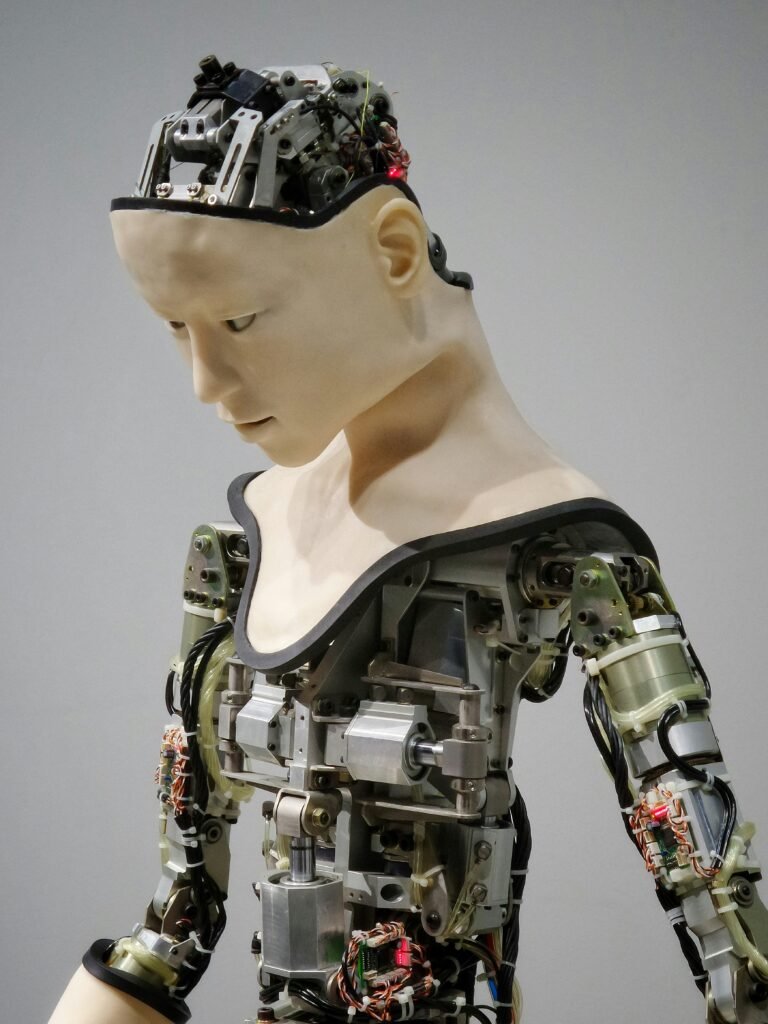
Understanding Project 2025
Project 2025 represents a forward-thinking initiative aimed at leveraging the transformative potential of AI and machine learning to foster sustainable development. The project is motivated by an urgent need to address pressing global challenges, such as climate change, healthcare disparities, and economic inequality. By focusing on AI and machine learning, Project 2025 aspires to develop innovative solutions that can be implemented on a wide scale, offering significant improvements in various domains of societal importance.
The core objectives of Project 2025 include deploying AI technologies to enhance ecological conservation efforts, improving healthcare delivery systems, and promoting economic resilience through data-driven approaches. The vision behind Project 2025 is to create a buildable future where these technologies are utilized not only to solve current issues but also to anticipate and mitigate future crises. The initiative advocates for the development of AI systems that are both ethical and efficient, ensuring that these powerful tools are used responsibly and for the common good.
Key to the success of Project 2025 is the adherence to a set of foundational principles. Foremost among these is the commitment to ethical AI usage, which prioritizes fairness, accountability, and transparency in all AI applications. The project also emphasizes the importance of interdisciplinary collaboration, bringing together experts from diverse fields to share insights and drive innovation. Additionally, transparency and inclusivity are paramount, with the project seeking to involve a wide range of stakeholders in its endeavors. This includes governments, which can facilitate regulatory support; technology companies, which can provide technical expertise and resources; academic institutions, which can offer research and validation; and civil society organizations, which can ensure that the needs of various communities are represented and addressed.
Through these collaborative efforts, Project 2025 aims to create a synergistic environment where AI and machine learning contribute to sustainable and equitable growth, paving the way for a resilient and prosperous global society. The project’s inclusive approach ensures that the benefits of AI are widely distributed, helping to bridge gaps and foster a more just and sustainable world.
Strategic Goals and Milestones of Project 2025
Project 2025 sets forth ambitious strategic goals designed to harness the power of AI and machine learning to create a sustainable and progressive future. One of the primary objectives is reducing global carbon emissions. To this end, the initiative aims to implement smart energy grids leveraging AI to optimize energy consumption and integrate renewable energy sources more effectively. By doing so, the project targets a 15% reduction in carbon emissions by the end of 2025, revolutionizing energy efficiency and promoting environmental sustainability.
Improving global health outcomes is another critical goal. Through predictive analytics, AI can anticipate disease outbreaks and enable faster, more targeted responses. The project plans to deploy machine learning tools in healthcare settings to streamline diagnosis, personalize treatment plans, and manage patient data more efficiently. Initial pilot programs in selected regions have already demonstrated a 20% improvement in early disease detection, indicating the potential for widespread positive impacts on public health.
Fostering economic growth is also at the forefront of Project 2025. The initiative seeks to establish AI-driven innovation hubs that serve as incubators for technology startups. These hubs are expected to generate new job opportunities, cultivate talent, and spur economic activities in local communities. Preliminary projections suggest that these hubs could contribute to a 10% increase in regional GDP by the project’s completion.
Key milestones include setting measurable targets and timelines for each objective, ensuring that progress is quantifiable and trackable. For example, the installation of 300 smart energy grids across major cities by mid-2023 serves as a benchmark for the reduction of carbon emissions. Continuous monitoring and evaluation mechanisms are crucial to the project’s success, allowing for adaptive strategies that align with evolving technological and societal needs.
Case studies from early implementations provide valuable insights into the practical application of these strategies. For instance, a pilot smart grid in Copenhagen led to a 12% decrease in energy waste, and a predictive health analytics program in Rwanda significantly reduced the response time to malaria outbreaks. These successes underscore the transformative potential of AI and machine learning when strategically applied.
However, the journey is not without its challenges. Potential risks include data privacy issues, algorithmic bias, and the digital divide. Addressing these concerns requires a robust framework for ethical AI deployment, stringent data protection policies, and inclusive initiatives to ensure broad accessibility and benefits. Through continuous assessment and a proactive approach, Project 2025 aims to overcome these hurdles and achieve its strategic goals.